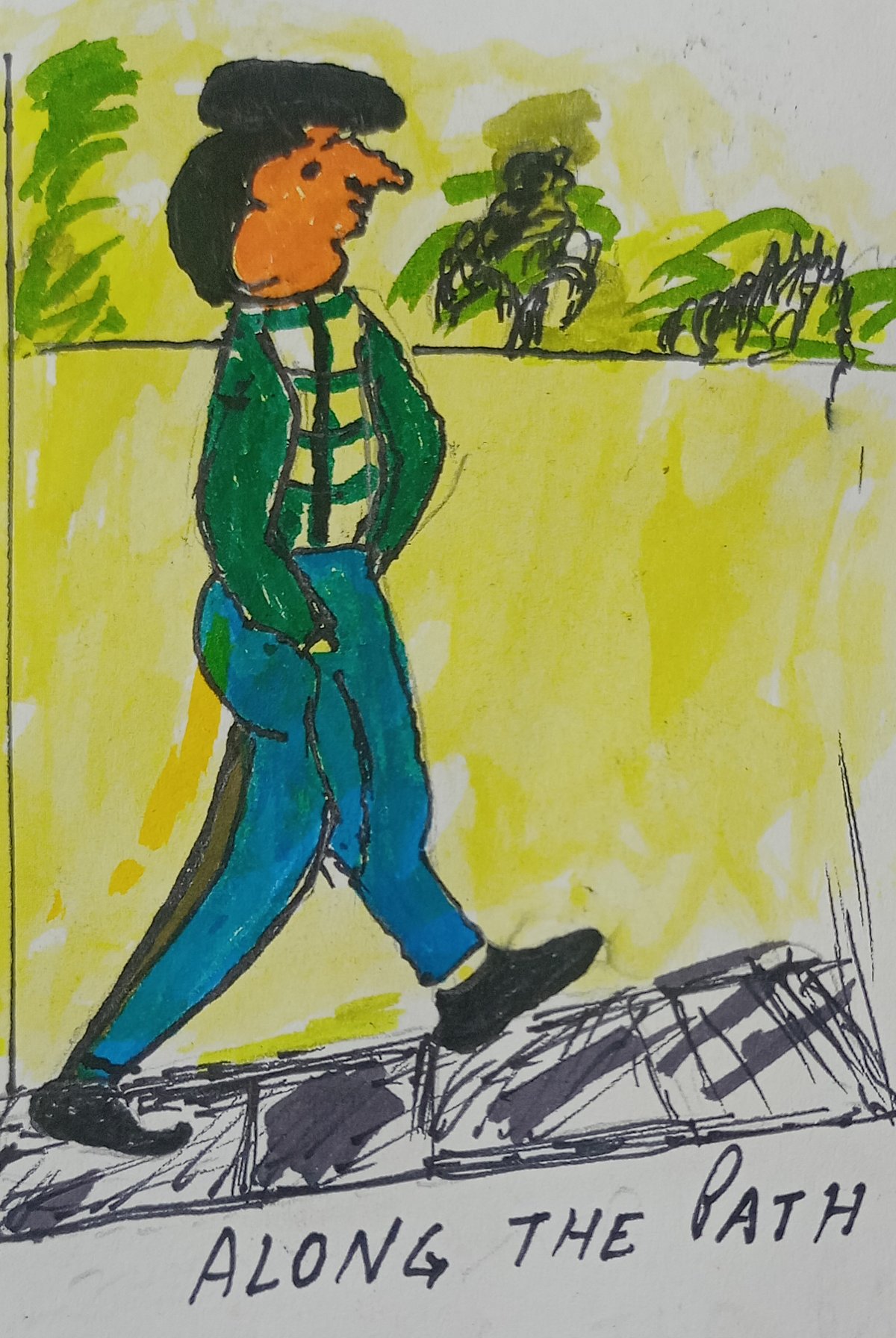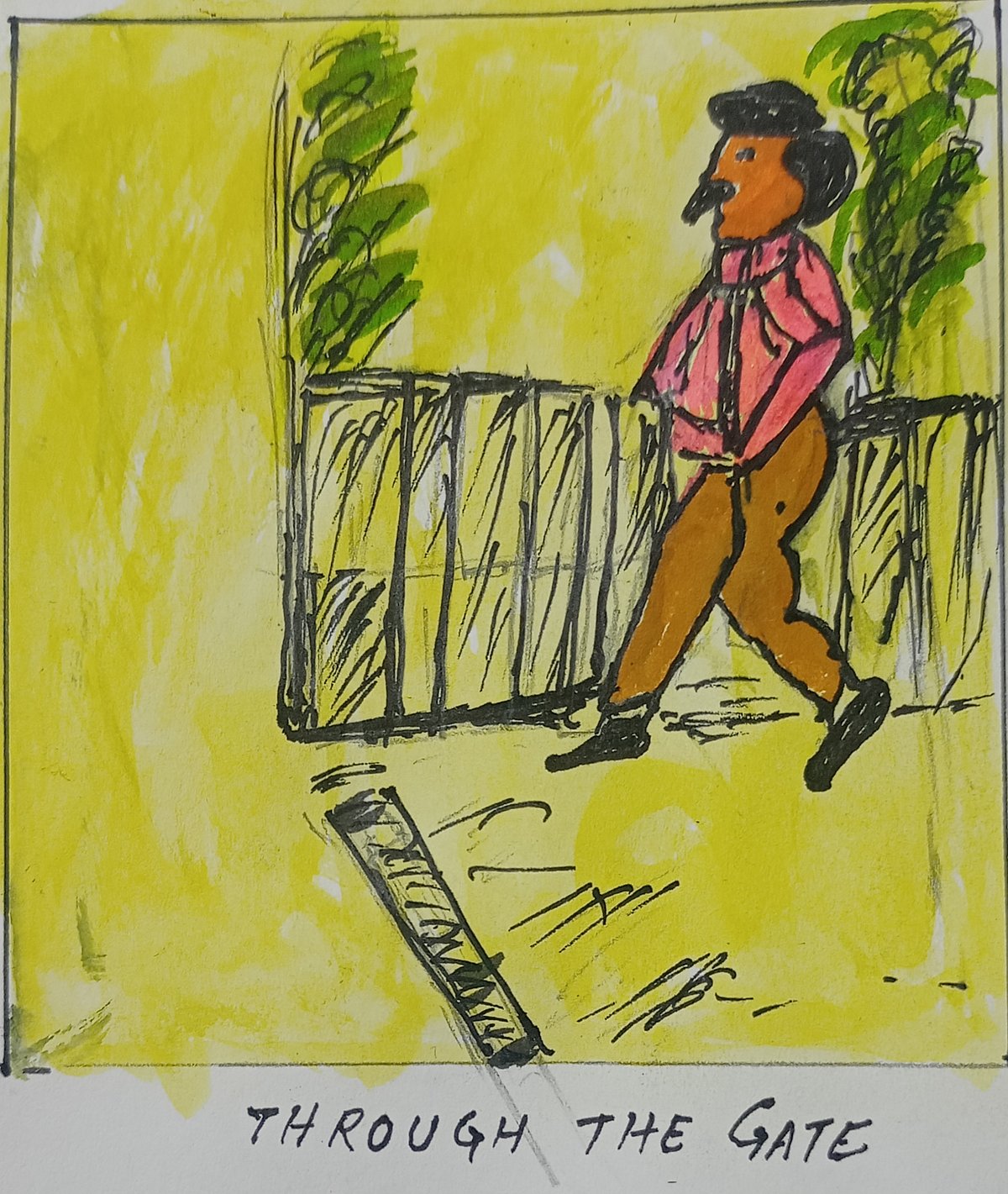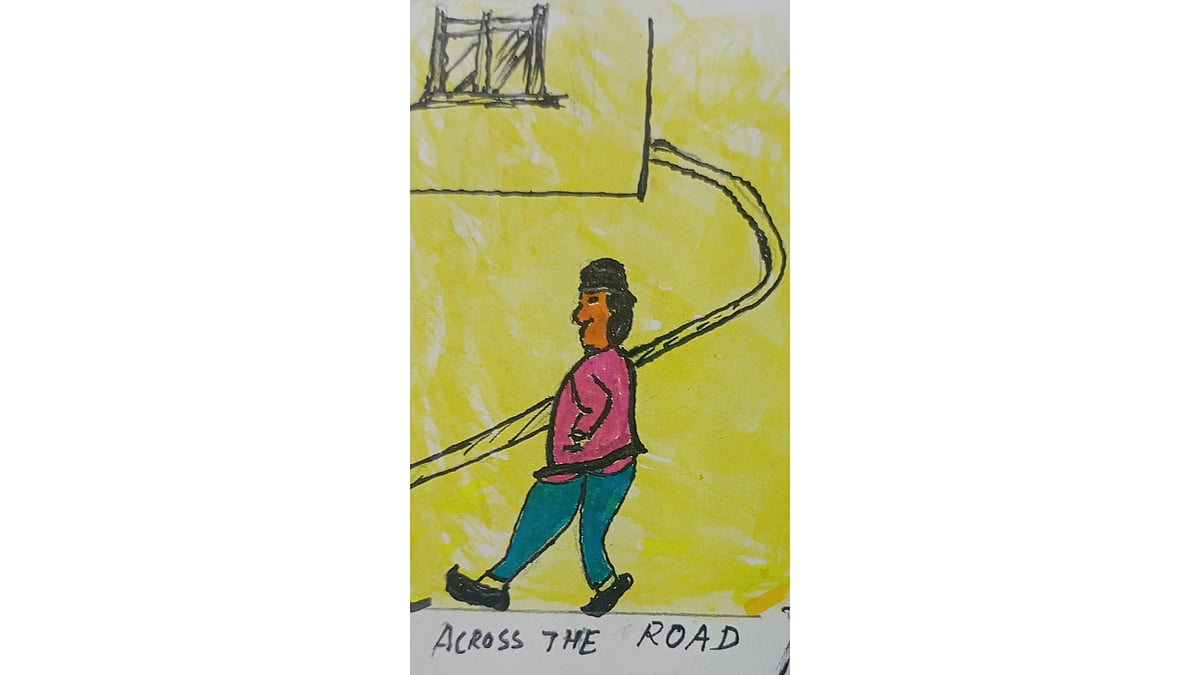Bhopal (Madhya Pradesh): All my life I’ve looked at words as though I were seeing them for the first time –Ernest Hemingway.
The great American author, Ernest Hemingway, was always earnest to hem his sentences as many times as possible unless he could get the right way.
Hemingway once told George Plimpton of the Paris Review that he had written the last page of “Farewell to Arms” thirty-nine times before he got the words right.
In the English language, besides don’ts, many words are barred, but an author, hitting the right chord, can break away from all restrictions.
This can be achieved through hard work, since there is no secret to writing. If it at all exists, none can teach you that. It oozes out from the bottom of your heart, turning your poetry into prose.
The main problem is to bind your words into thoughts. And conjunctions and prepositions do that.
JC Nesfield wrote: “There is scarcely any part of speech that has lent itself more readily to metaphorical usage than prepositions. Their first and literal use was to express relations in time; and then gradually to many other kinds of relations.”
A preposition changes the meaning of a sentence. We have already discussed about, above, and after. One of the most difficult prepositions is “across.”

What does across mean?
Across is derived from the noun ‘cross’ joined with the prefix “a,” which represents “an” and “on.” It means “on a cross” or “in the manner of a cross.”
It is generally used for a “place” or “space.” Therefore, it is used to say passing through or over the surface of, so as to cross it; crossing in the direction of “a crossing line” or “movement.”
WH Auden: Sheep-dogs … slumber on with paws across.
G B Shaw: The nurse rushes across behind the head of the bed.
Dylan Thomas: My heart is cracked across.
Across also means all over. Print media across the country reported the wrestlers’ agitation. It can be employed to say “on” or “from the other side of”, “beyond.” The house is just across the road. We heard the chimes across the river.
Figuratively, it signifies passing over as a movement or expression. For instance, a shadow comes across me.
There are a few verbs and nouns that denote or imply motion. “Across” may follow these verbs and nouns: like walk, run, march, look, flit, pass, passage, flight and glance.

Distinctions are there
“Across” signifies crossing. It, therefore, indicates direction at right angles to that denoted by “along.”
We go along the river bank, but we sail, row, or swim across the river.
Nevertheless, we talk about going across a bridge when we actually go along it – in the direction of its length.
In the words of James Champlin Fernald, “This is by transference of the idea of crossing the river to the traversing of the bridge by which the river is crossed.”
Also, we may use along in this case, though rarely.
Along the bridge Lord Marmion rode,
Proudly his red-roan charger trod – Walter Scot, Marmion.
The word “over” has many meanings, especially in modern English. In newspaper writing, we use protest over, resentment over, talk over, but in most of the cases, over is not the apt preposition.
A farmer may ride over a field in all directions, as in searching for something, but if he rides across the field, it is from one side of the field to another.
On the other hand, to go through a wood signifies: to start in from open ground on one side and to come out upon open ground on the other side.
It should be kept in mind that only a bird, a cloud, a wind, a plane or the like can go across or over the wood.
If a person is said to pass through an enclosure, such as a room or a garden, he passes from outside to outside of it; he may go across by passing from side to side within its bounds. In the same way, one is said to walk over a stretch of turf or gravel, which is under his feet, but “through a field” or “growing grain” which he penetrates and separates when he passes.










